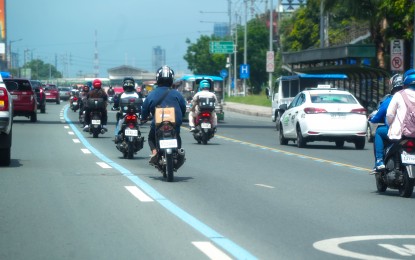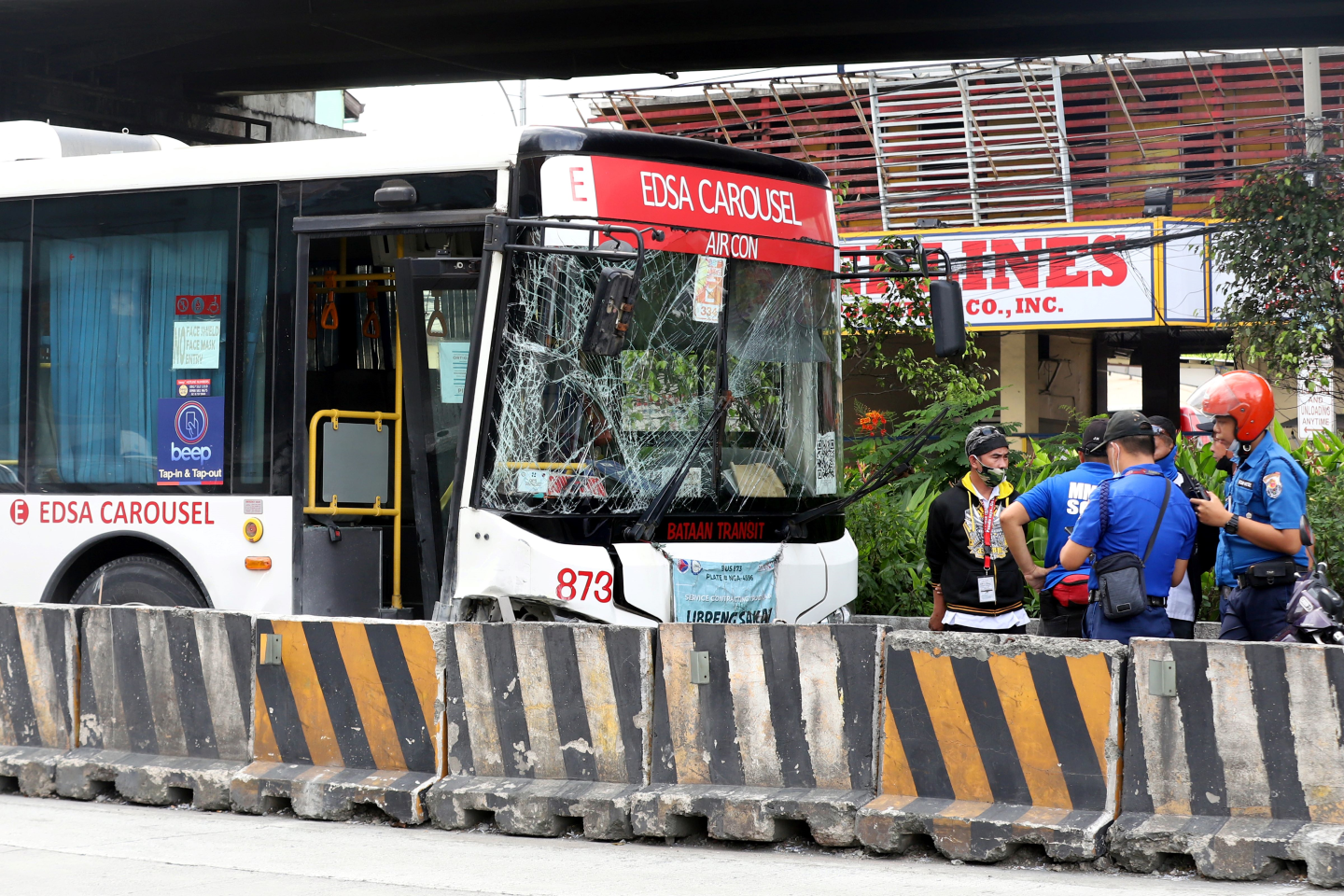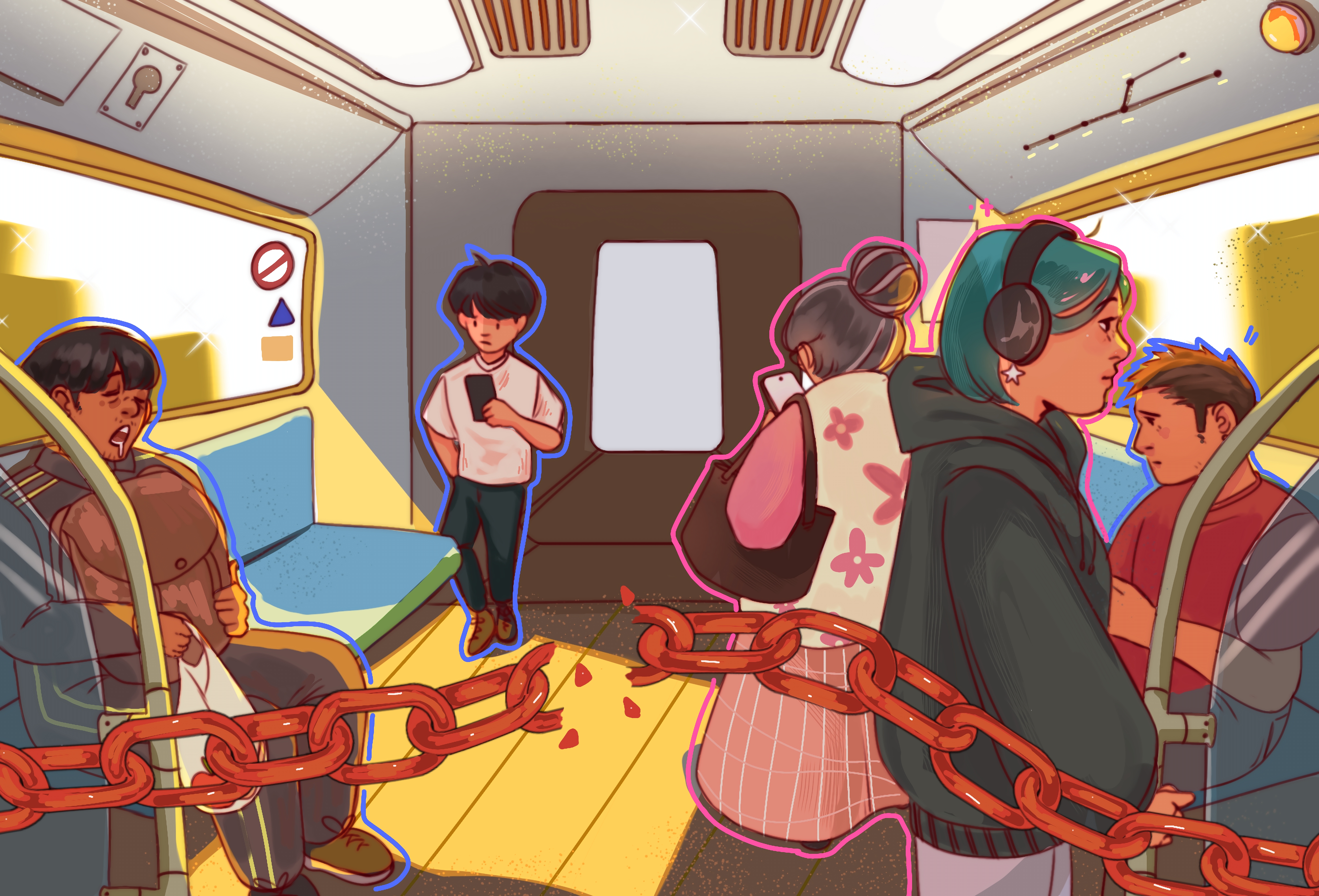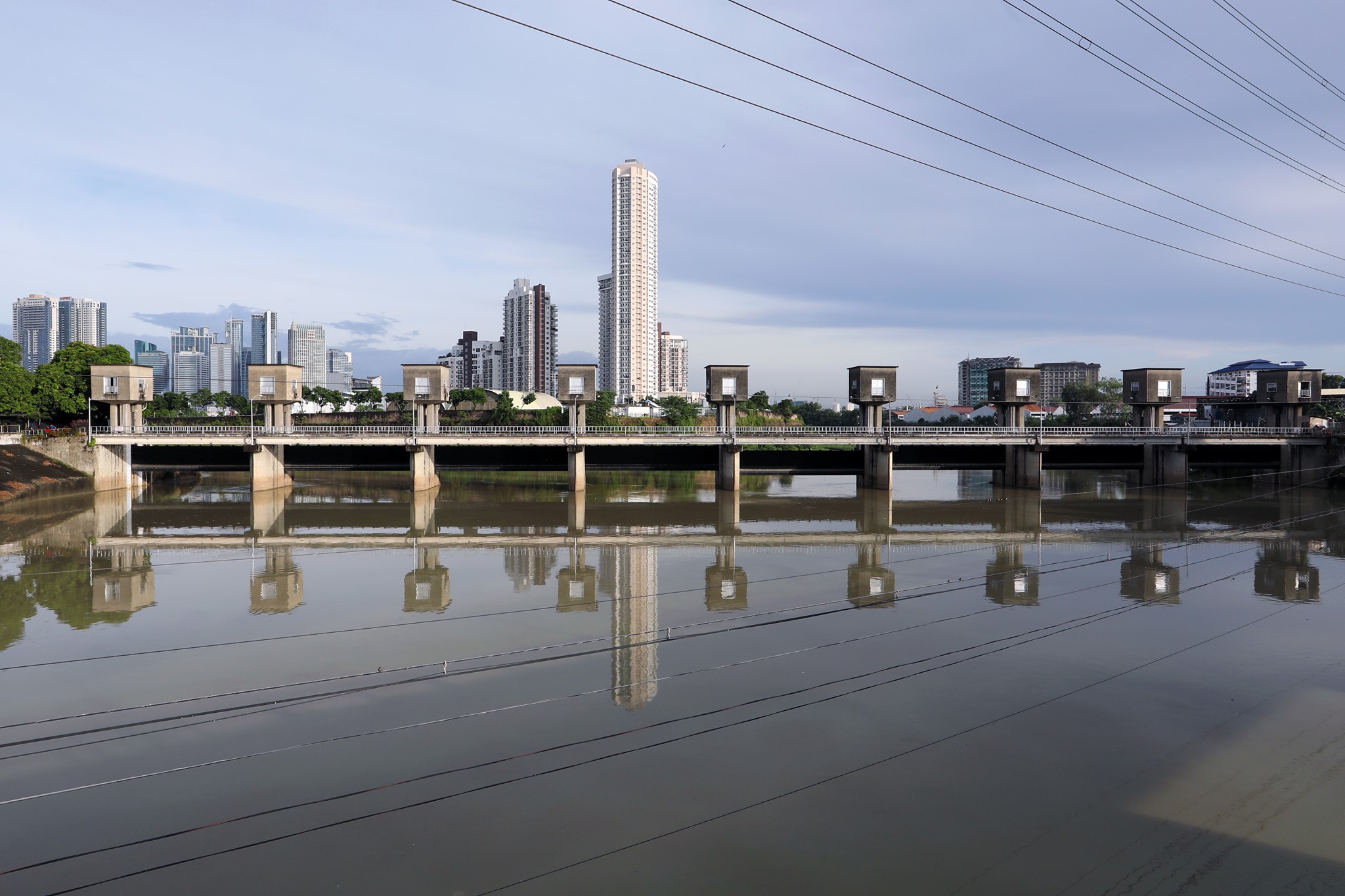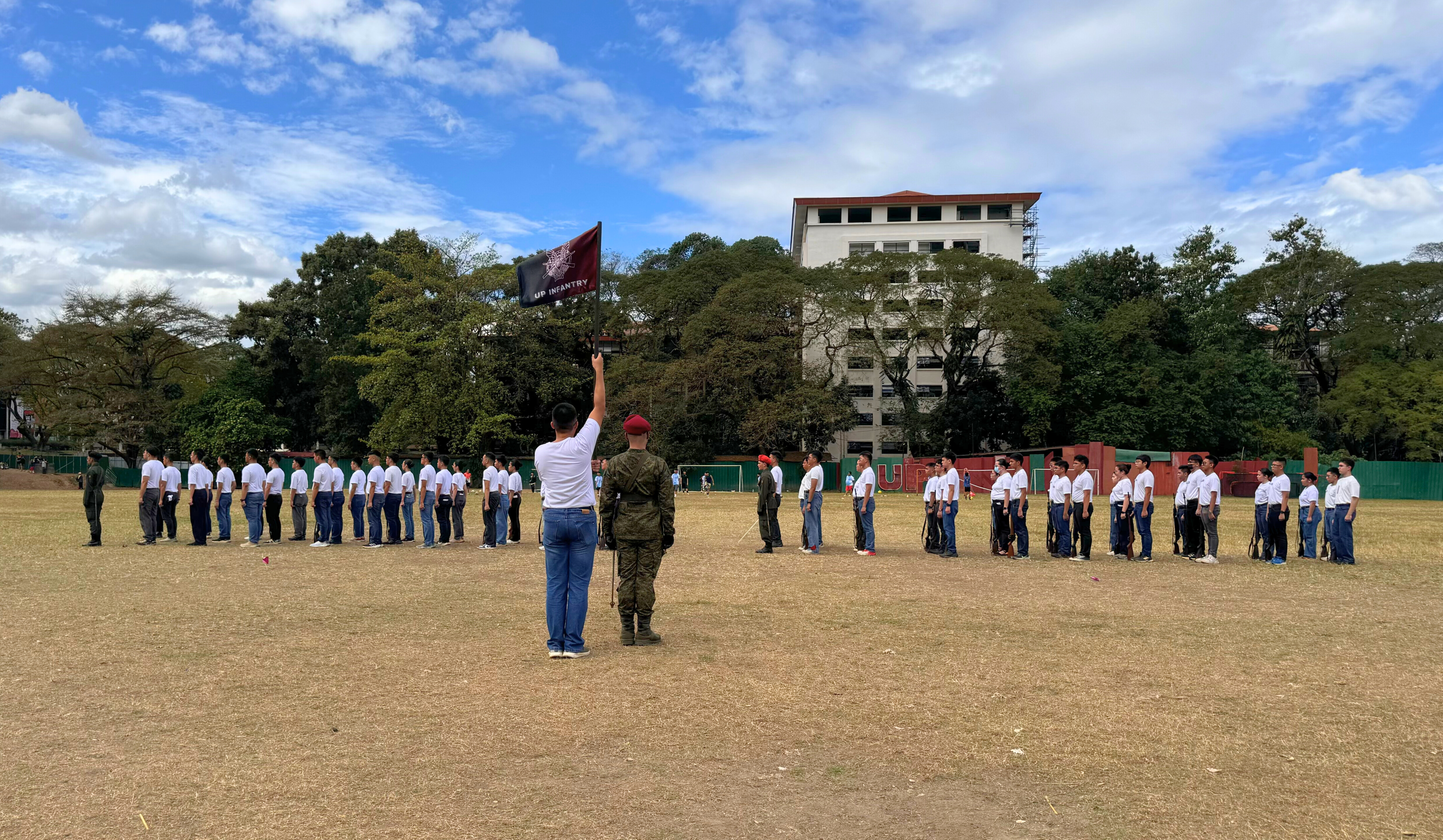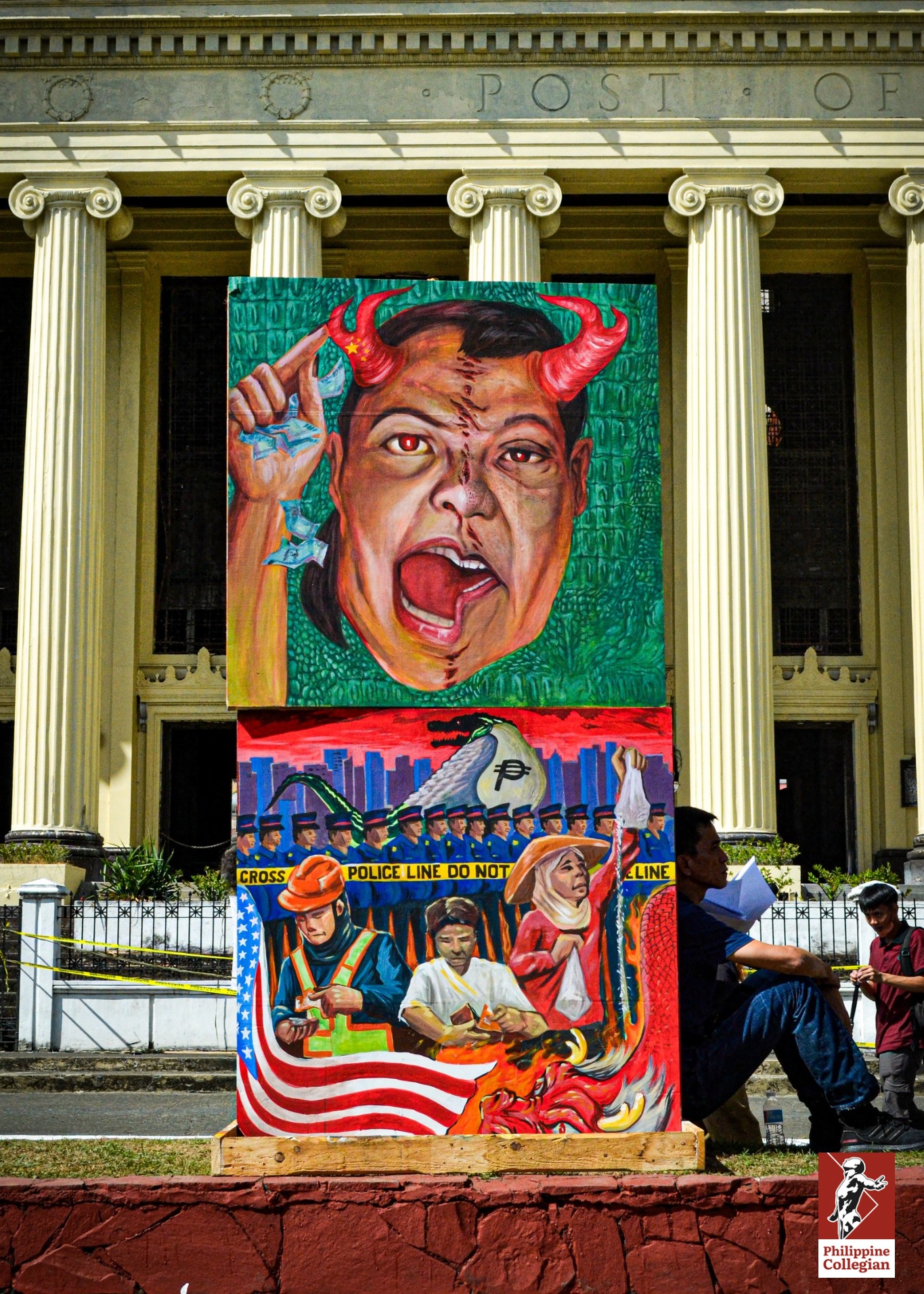A new dawn is breaking, at least in the roads covered by the No Contact Apprehension Policy (NCAP). An overlooking view of Commonwealth Avenue yields an unfamiliar spectacle: Private vehicles staying well within their lane, like schools of fish meekly going with the currents. And, mirabile dictu—an unclogged PUV lane.
Commuters owe this to NCAP, which bears down on undisciplined motorists plying Metro Manila’s traffic hotspots. CCTVs powered by AI flag vehicles that commit traffic violations, subject to review by an off-site enforcer.
Motorcyclists have chafed at 20-minute joyrides made into hour-long crawls by NCAP. Commuters, in turn, have challenged these riders to ditch their bikes for the now fast-tracked bus route. Transport workers aren’t as standoffish, fearing the hefty fines they might incur despite decongested lanes.
But NCAP’s slipshod implementation can rally the transport sector towards a common enemy instead of polarizing it. Fines for traffic violations span from P100 to P8,000 and can cripple working drivers who make just P300 to P500 daily. Prior rollouts of the policy have been gung-ho in their transmission of punishments; motorists have been fined for running red lights at the behest of traffic enforcers, for violations tied to vehicles no longer theirs, and so on.
These are growing pains in implementation that can be solved through due process, a practice inseparable from policing traffic. A driver makes an errant right turn, a commuter blocks the doors of a bus, and a bus driver speeds. Pre-NCAP, a physically present enforcer would be there to mete out their punishment. In the back-and-forth that ensues, the rider is given an opportunity to defend themself.
In an NCAP world, this space between the mobile public and the enforcer is quashed. Instead, the reviewing lawman holds full rein over the other party’s fate. This undermines the constitutional right to presumption of innocence, a threat affirmed by the judiciary on two separate occasions: first in 2008 by the Court of Appeals and in 2022 by the Supreme Court. Both instances led to the policy’s suspension.
The implications ring loudly in a country where marred due process has led to extrajudicial arrests by the thousands. Bad optics notwithstanding, the human element of enforcement must remain until an appeals system that is immediately available to the mobile public is devised, so that due process can be accorded. A humane NCAP is one where the appeal comes before punishment, and is integrated into the off-site enforcer’s vetting procedure.
NCAP’s rollout must also be supplemented by nationwide moves to humanize public transport. Strengthening and institutionalizing the transport offices unique to each LGU will enable them to overhaul run-down transport infrastructure, promote transparency as to where collected fines go, and hold to account the AI architecture behind NCAP’s policing mechanisms.
Instead of fomenting further division in the transport sector, the emergence of NCAP must be an occasion for solidarity. A united transport sector has the numbers to shape this fledgling policy into one that truly serves the majority. ●
